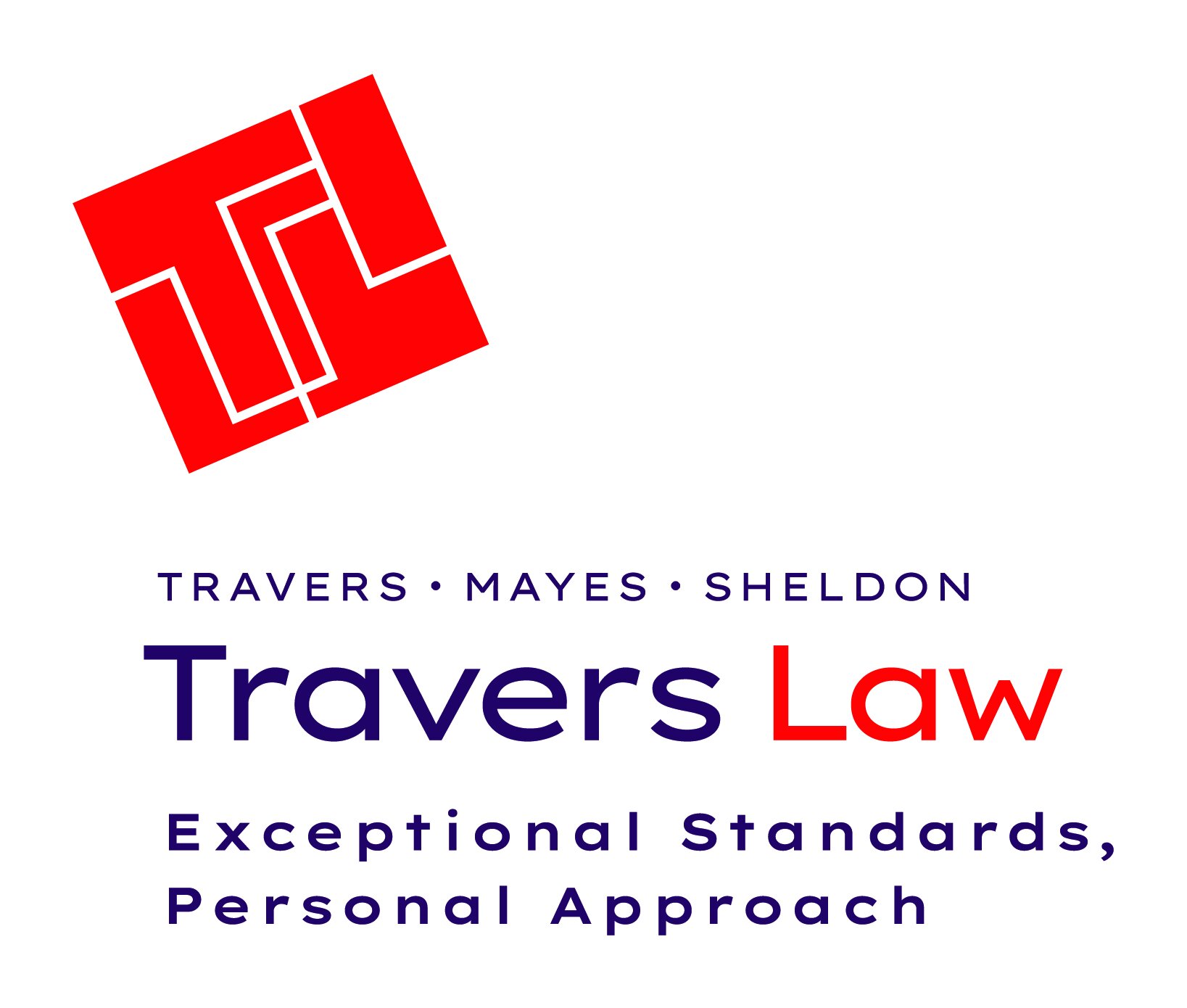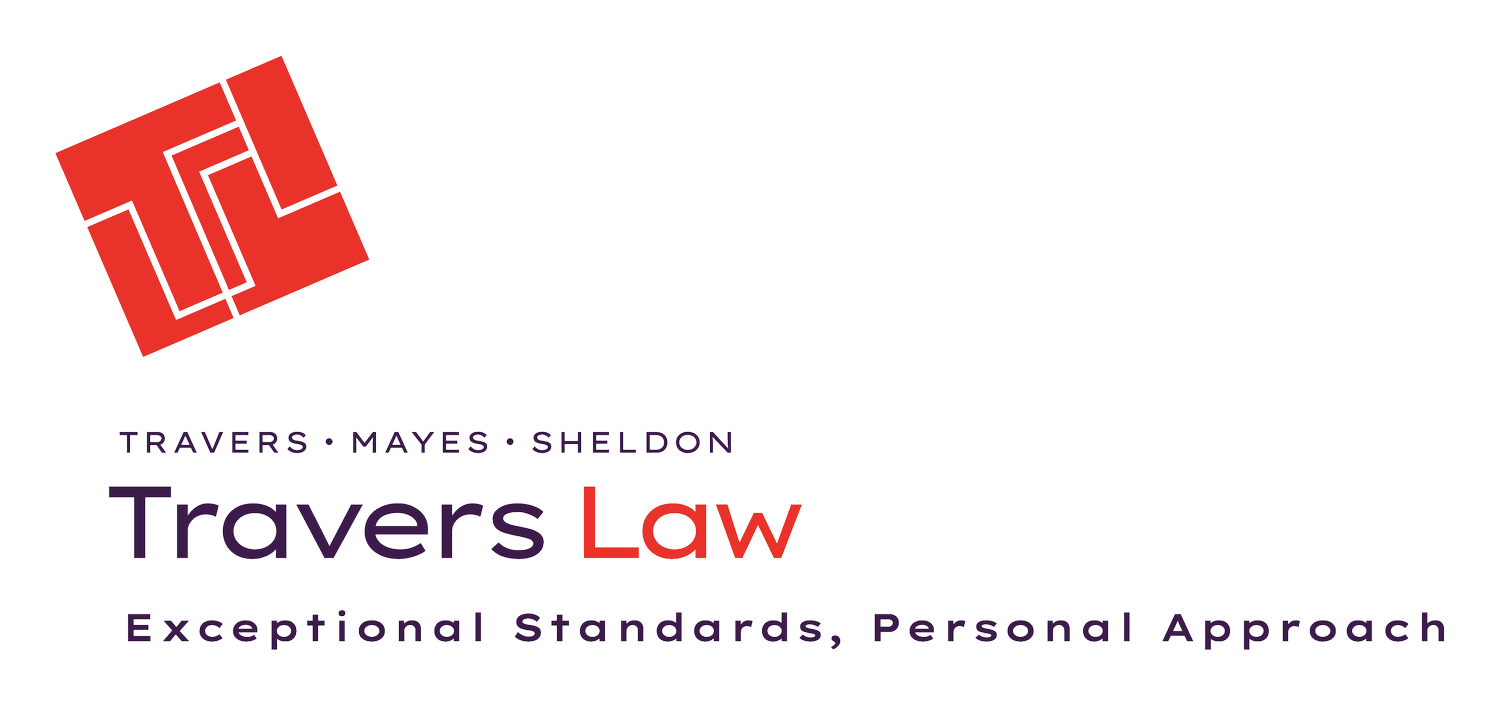REAL ESTATE, WILLS + Business LAWyerS
Welcome to Travers Law, a boutique real estate, wills + estates and business law practice with offices in Kitchener-Waterloo, Cambridge, Guelph and Milton, Ontario.
We have been at the forefront of real estate law for over 40 years and we are passionate about setting the bar high when it comes to supporting our clients and giving them what they need to be successful.
Buying a home is one of the biggest transactions most of us will ever experience and having the best support team reduces the risk of anything goes awry.
Services
Travers Law deals primarily with real estate, wills + estates, and business law, but is also experienced with family law.
Evening Appointments
Life isn’t 9 to 5, neither are we. Being able to meet with you when your schedule permits improves access to legal services which results in a better outcome. Your appointment can be done virtually or at one of our four office locations, at a mutually convenient time!
Remote + Virtual Meetings
A virtual appointment makes for minimal disruptions to your day-to-day life. Accommodating your schedule and putting you first, shows an understanding that you have real obligations. Book an appointment that is convenient for you.
Ethical Fees
An ethical fee arrangement is an alternative to the standard hourly rate used by most solicitors; it is an fair approach to pricing legal services. With an ethical price for each stage of legal work, fees are not dictated by the time spent - no ticking clock! We have fixed closing costs so at the end of the day, there are no surprises!
Bloated, backwards, billable-hour firms serve lawyers first and clients second. The new wave of law firms is putting those priorities back in the right order, and that’s why they’re poised to succeed.
WHY CHOOSE US
Let Travers Law represent you if you require legal assistance to buy, sell or refinance a home, start a corporation or draft your wills. The experienced lawyers and team at our firm will help you navigate complex legal processes while keeping your interests protected.
Our offices are located in four cities - Kitchener-Waterloo, Guelph, Cambridge and Milton. What’s even better is that we are not limited to these locations - we can close a transaction anywhere in Ontario. You don’t have far to travel from your home or business to receive the dedicated care your legal matters deserve. Our mission is to put the needs of clients above all else. Their best interest is our priority and at the heart of everything we do.
ACCOLADES
A Five Star Service
In a world of increasing time pressures and an abundance of lawyers, finding the right fit and trusting the right lawyer can make all the difference. Find out why we are the preferred boutique law firm of so many.
SOCIAL UPDATES
@TraversLaw
While our website tells you everything about who we are, our social media shows you how we practice what we preach.
Check out our Facebook, Instagram and LinkedIn to see what we’re up to in the community and for useful #TraversTidbits in the world of real estate law and more!



























